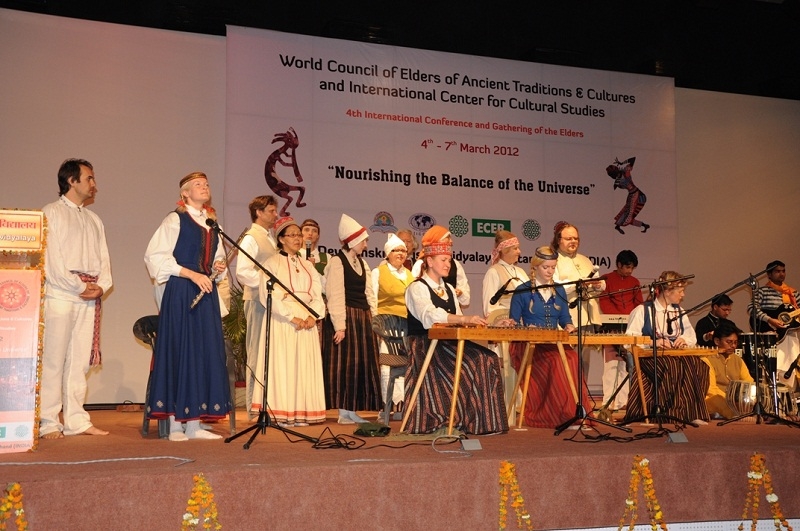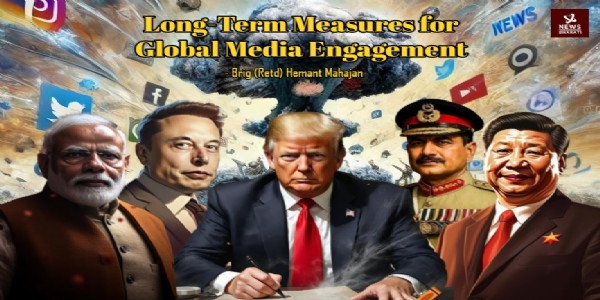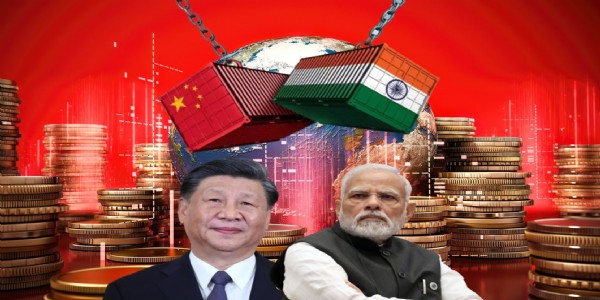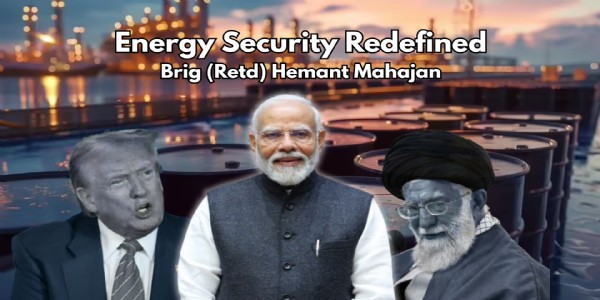Maori Elders invited for the ICCS Conference in New Zealand

Latvian delegates at the 4th International ICCS Confrence held at Haridwar in 2012 (File Photo)
In a press release issued here today, Prof Magesan who is a volunteer for the above conference said that this being an unprecedented time for the humanity with global pandemic still very much dominating the international affairs, the ICCS expected delegates from nearly 50 countries to participate in this conference which is held online for the first time.
The theme of the conference is “Ancient Cultures Championing Humanity”, he said adding that this is one of the internationally reputed socio-cultural gatherings.
ICCS in India has been organiZing triennial conferenceS by bringing together the Elders, community leaders, research scholars, believers and practitioners of 100+ living ancient cultures and traditions from all over the world to participate, share and preserve ancient knowledge with a common thread best described by the Lakota prayer “Mitakuye Oyasin” i.e. ‘We are all related’. The previous conferences were held at Mumbai (2003), Jaipur (2006), Nagpur (2009), Haridwar (2012), Mysore (2015) and Mumbai (2018) in India.
This year 2021, at an unprecedented time for humanity with a global pandemic still very much dominating international affairs, ICCS will hold its 7thinternational conference online for the first time, he said.
The conference will have a total 48 hours continuous program across all continents. New Zealand has been put up in the Indo-Pacific Zone, which includes South Asia, Southeast Asia, Far East, Australia and New Zealand, and its time slot is from 6.00 pm to 9.00 pm (NZ time) on 20 and 21 February 2021. Maori community has been given 20 minutes to have a Karakia (Maori prayer), Waiata (a song) and a short speech on Maori’s World View on Modernity with Sustainability.
Although modernity has given us much and enriched our material lives, this progress has been one-dimensional, and has come at great cost. Clean water, clear skies, thriving ecosystems, and human flourishing – the most precious things in life – have been marred by individualism, alienation, and destruction.
Ancient cultures, like all diversity on our planet, are also under threat. Yet, these ancient cultures have the ‘software’ to help us re-imagine our systems and institutions that can help us make human life sustainable again and to restore our world. Our ancient traditions rooted in nature have the power to fuse modernity with sustainability.
The conference aims to bring together nature-based traditions to inform, inspire and instruct us on how to build a sustainable civilization in the 21st century. Wisdom, as old as humanity, will be shared by elders, thinkers and earnest activists who act relentlessly to preserve what the ancient Hindus called Dharma; what the Druids called Arwen; and what modern science labels as the “unity underneath all our diversity”.
The conference organizers have requested Prof Guna Magesan to identify Maori Elders for the karakia, and to speak on the assigned topic, followed by a waiata. Prof Magesan feels that it is the duty of the Maori community to identify and nominate Maori Elders for this international conference. Nominations (with abstracts) need to reach iccs.aotearoa@gmail.comby 20 Jan 2021.
The organizers are keen to welcome Maori elders from New Zealand. During an earlier visit to Aotearoa New Zealand, Dr Yashwant Pathak, who initiated this triennial conference, noted the Maori community as one of the few ancient cultures that was socially, culturally and politically active. At the world stage, Maori community is a role model for other ancient cultures that have struggled to maintain their identity.
Bharati Web







